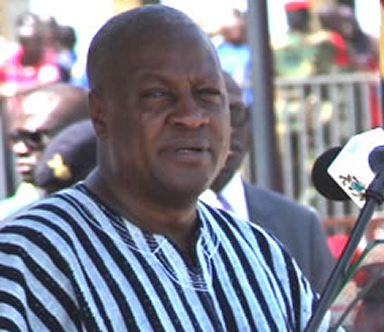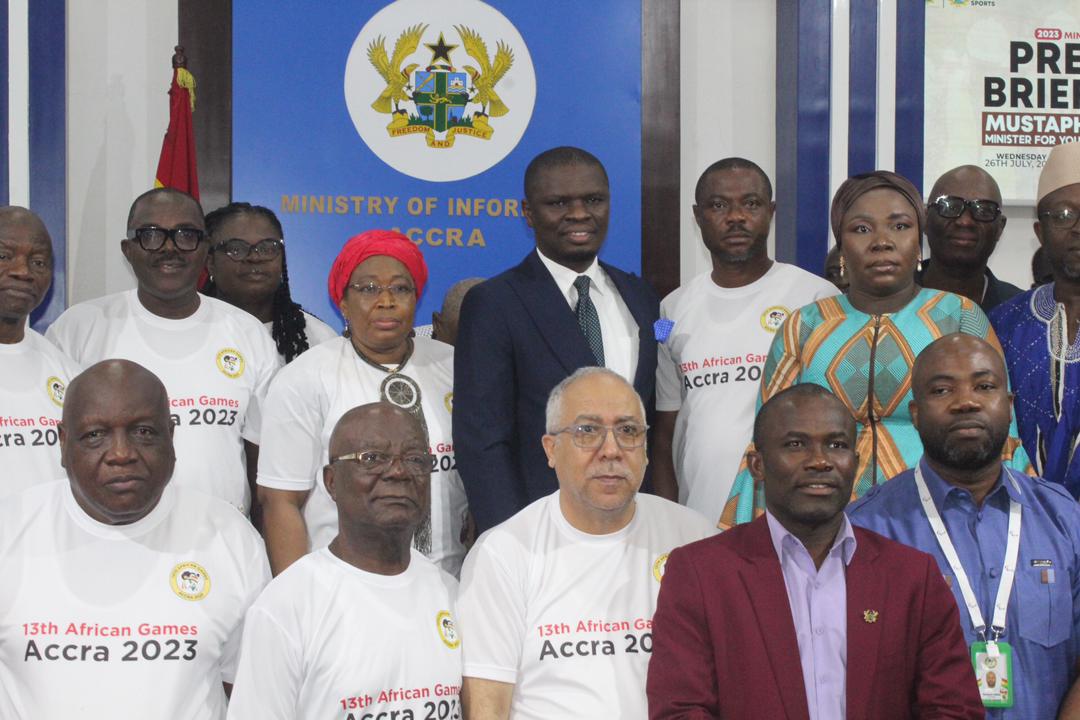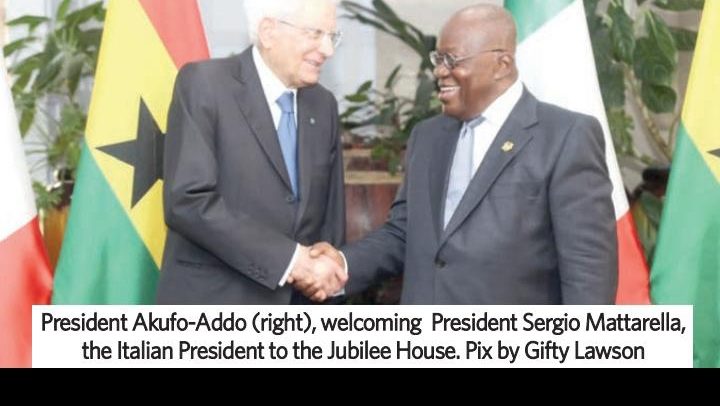
The recent elections in Ghana have demonstrated the nation’s steadfast dedication to democracy, despite considerable economic difficulties.
John Dramani Mahama’s triumph signifies the electorate’s need for resolute leadership to tackle the nation’s most severe economic crisis in a generation. Ghana is experiencing its most significant economic crisis in a decade, marked by elevated inflation, loan defaults, and increasing living expenses.
Mahama’s campaign appealed to people by promising to “reset” the economy, emphasising accessible housing, healthcare, and equitable pay. Nonetheless, the elections underscore more extensive lessons for Africa’s democratic progression.
The smooth change of power and open electoral process in Ghana are notable in a region where democratic principles are frequently challenged. Conversely, several African countries contend with election conflicts, voter repression, and instances of blatant violence.
For example, whilst Ghana’s elections were predominantly tranquil, Nigeria’s 2023 polls encountered accusations of electoral bribery and logistical shortcomings. Likewise, Zimbabwe’s 2023 elections were marred by allegations of intimidation and irregularities.
The orderly execution of the elections highlights Ghana’s dedication to democratic ideals, particularly in a region where democratic standards have encountered difficulties. The Economic Community of West African States (ECOWAS) characterised the voting process as predominantly tranquil, thus affirming Ghana’s reputation as a paragon of stability in West Africa.
However, the voter participation in Ghana (61%) indicates a concerning tendency of disinterest or apathy. Economic difficulties and frustration with political pledges may have deterred many from voting. This phenomenon is not exclusive to Ghana; throughout Africa, diminishing voter participation indicates an increasing disconnection between the populace and their leaders.
The path forward is evident: African democracies, including Ghana, must endeavour to restore confidence with their populace. Economic change is essential. Mahama’s government must prioritise initiatives that tackle inflation, unemployment, and the escalating cost of living. Citizens require observable enhancements in their everyday lives to restore confidence in the system.
In addition to economic factors, voting procedures throughout Africa require upgrading. Technology may significantly contribute to transparency, if it is applied equitably and impartially. Civic education is crucial for addressing indifference. Individuals must comprehend the significance of their vote and the influence they exert in determining their destiny.
Ultimately, Africa’s youth—the continent’s predominant demographic—must be incorporated into government. Governments must heed their goals, generate opportunities, and include them as active participants in democracy.
The elections in Ghana symbolise optimism, however they also highlight the ongoing challenges that need to be addressed. As Ghana progresses under new governance, the entire continent observes. African democracies must now confront the issue, demonstrating that the people’s will is the paramount catalyst for change.
By Charmaine Kwade
The post Ghana’s elections as the path for African democracy first appeared on 3News.
Read Full Story






















Facebook
Twitter
Pinterest
Instagram
Google+
YouTube
LinkedIn
RSS